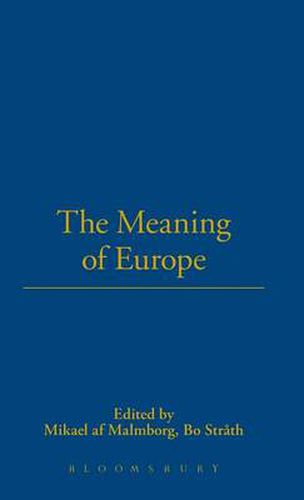Readings Newsletter
Become a Readings Member to make your shopping experience even easier.
Sign in or sign up for free!
You’re not far away from qualifying for FREE standard shipping within Australia
You’ve qualified for FREE standard shipping within Australia
The cart is loading…






Mention the word Europe in today’s society and you are greeted with a range of responses, from impassioned debate, to scepticism and outright hostility. Yet long before the emergence of the modern European Union, the concept of Europe played a vital role in the creation of national identity. This book considers the wealth of contemporary and historical attitudes towards Europe and how these vary both within and between nation-states. Why are some countries ‘Europhiles’ whilst others are ‘Europhobic’? How has Europe alternately been perceived as a threat to local culture and identity or as the core of nation-building? Why are individual responses to Europe so diverse? Comparing and contrasting experiences from twelve very different countries, the authors explore the multitude of ways in which established national discourses are reconciled with an emerging identity within the EU. In doing so, this book makes an important contribution to what has proved to be one of the most controversial and heated debates of our time.
$9.00 standard shipping within Australia
FREE standard shipping within Australia for orders over $100.00
Express & International shipping calculated at checkout
Mention the word Europe in today’s society and you are greeted with a range of responses, from impassioned debate, to scepticism and outright hostility. Yet long before the emergence of the modern European Union, the concept of Europe played a vital role in the creation of national identity. This book considers the wealth of contemporary and historical attitudes towards Europe and how these vary both within and between nation-states. Why are some countries ‘Europhiles’ whilst others are ‘Europhobic’? How has Europe alternately been perceived as a threat to local culture and identity or as the core of nation-building? Why are individual responses to Europe so diverse? Comparing and contrasting experiences from twelve very different countries, the authors explore the multitude of ways in which established national discourses are reconciled with an emerging identity within the EU. In doing so, this book makes an important contribution to what has proved to be one of the most controversial and heated debates of our time.